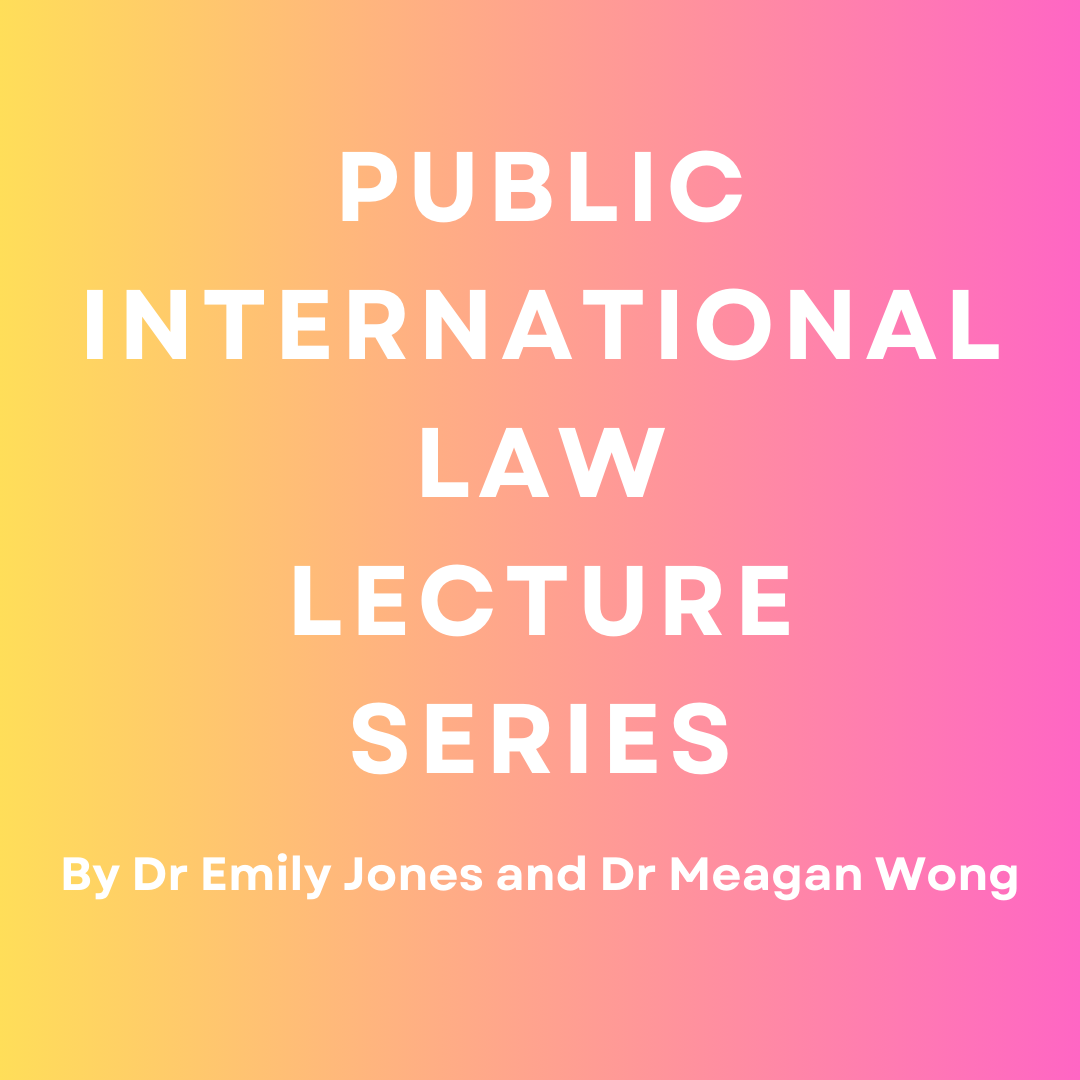About the lecture:
Accounting can refer both to the process of qualifying, counting and measuring, but it also refers to obligations that are owed to another: to call someone to account is to require them to explain a mistake or poor performance. This seminar seeks to thinks through the concept of accountability in relation to the climate crisis and to critically unpack how technical questions of metrics and measurement have political effects and thereby open up or foreclose different forms of responsibility.
This talk shares some initial investigations on the theme of “targets”. Targets or objectives are expression of goals that set out what is aimed at or sought to be achieved through action. They thus frame what type of action is pursued, and how success or failure is measured. Throughout the 30-year history of the international climate regime its targets have been reframed and reconstructed various times, and articulation of these targets reflect the co-evolution of politics with climate science, climate modelling and technological development.
This talk unpacks the historical struggles over three interrelated questions concerning targets in the international climate regime: (i) how the objectives of climate policy were framed, including how supply-side policies to address fossil fuel dependency has been sidelined in favor of a focus on reducing “emission reductions”; (ii) how climate targets were quantified, that is into specific temperature targets, such as the objective to limit warming to “well below” 2 degree Celsius and “pursue efforts” to limit warming to 1.5 degrees Celsius included in the Paris Agreement; and (iii) how flexibility is introduced into how these targets are achieved, through the notion of “net zero”.
The hope underlying this project, is that by thinking about these questions of accounting and accountability it will be possible to repoliticize what have come to be seen as technical questions of measurement and monitoring, and that in doing so, it may become possible to identify strategic points of leverage to push for more ambitious and just climate action.
About the speaker:
Julia Dehm is a Senior Lecturer in the School of Law, La Trobe University. Her research addresses urgent issues of international and domestic climate change and environmental law, natural resource governance and questions of human rights, economic inequality and social justice. Her books include Reconsidering REDD+: Authority, Power and Law in the Green Economy (Cambridge University Press, 2021), Locating Nature: Making and Unmaking International Law (edited with Usha Natarajan) and Power, Participation and Private Regulatory Initiatives: Human Rights under Supply Chain Capitalism (edited with Daniel Brinks, Karen Engle and Kate Taylor). She was previously a consultant to the UN Special Rapporteur on the right to adequate housing assistance and a 2023 Member of the School of Social Science, Institute for Advanced Studies, Princeton.


